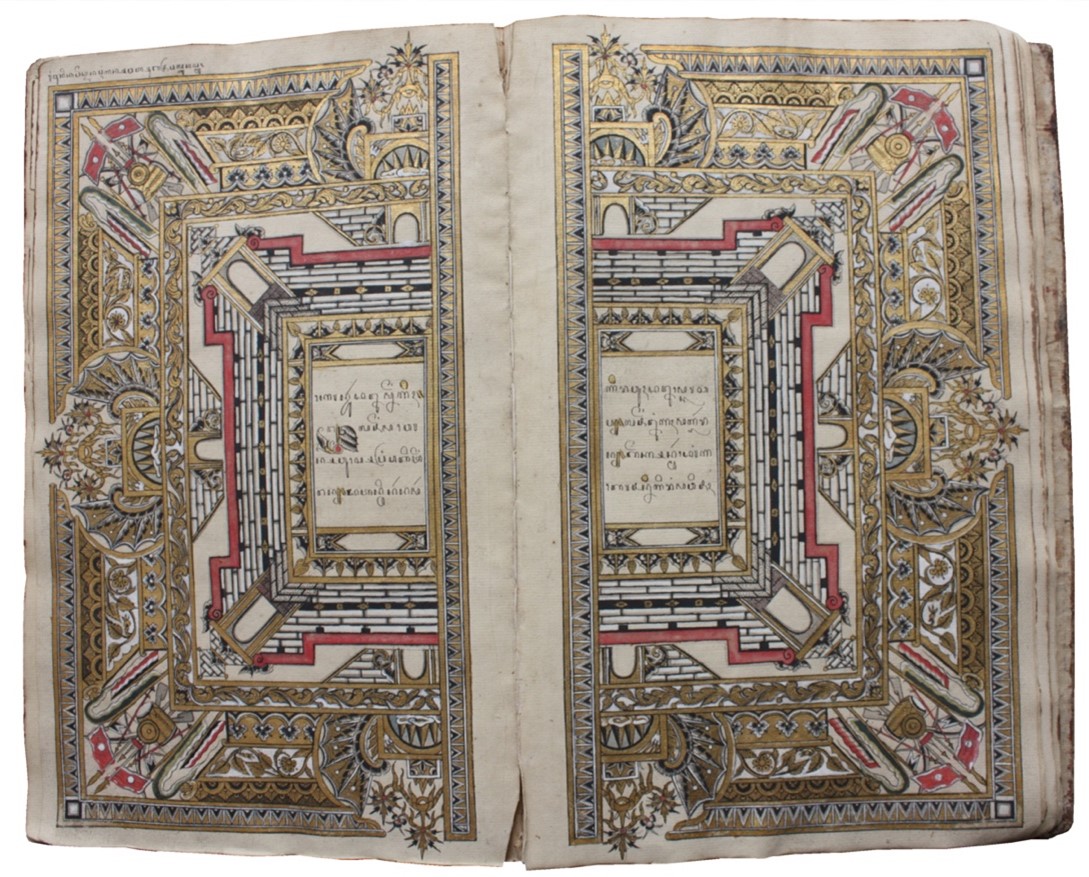Creating Safety and Beauty in the World Starting from Humans Cultural Wisdom and Natural Disasters in Yogyakarta
Main Article Content
Abstract
Cultural wisdom has a role in disaster management. Yogyakarta is situated in the Ring of Fire, prone to earthquake, tsunami, and eruption of nearby Mount Merapi. For centuries, people have been aware of the “bio-detectors” and “geo-detectors” that signal the approach of a disaster. However, such cultural wisdom is obscured by the rise of modern technological knowledge. The traditional Javanese cosmology positions humans as subordinate to the universe and its powerful forces. The traditional rulers of Yogyakarta strove to maintain harmony between human and human, human and nature, and between human and God. This cultural value is embodied in the ceremony of Labuhan, performed as a symbol of human gratitude towards God, nature, and the universe. Old manuscript accounts of fatal eruptions attribute the death toll to the failure of humans to respect their relations to God and nature. They also recount the efforts of past rulers to create harmony between the spirit of the sea, the spirit of the mountain, and the region of Yogyakarta through their own respect for nature and through management of their own attitude through meditation. By analogy, such attitude management on the part of everyone can achieve a more effective management of disasters in the present day. The watchword of Yogyakarta carried down from the past to the present is “creating safety and beauty in the world starting with humans.”
Article Details
References
Ahimsa-Putra, Heddy Shri. 2009. Ahasa, Sastra, dan Kearifan Lokal di Indonesia”, revisi dari makalah yang disampaikan dalam seminar nasional “Bahasa Indonesia dan Bahasa Daerah dalam Konteks Keindonesiaan II”, diselenggarakan oleh Kantor Bahasa Provinsi NTB, 17—18 Juni 2009.
Dewantara, Ki Hadjar. 1994. Karya Ki Hadjar Dewantara Bagian II: Kebudayaan. Yogyakarta: Majelis Luhur Persatuan Tamansiswa.
Endraswara, Suwardi. 2013. Memayu Hayuning Bawana. Yogyakarta: Narasi.
Mardiatno, Djati, Gayatri Indah Marliyani, dan Silverio R.L. Aji Sampurno. 2019. Merawat Ingatan: Bencana Alam dan Kearifan Lokal di Pulau Jawa. Direktorat Sejarah Direktorat Jenderal Kebudayaan Kementerian Pendidikan dan Kebudayaan Republik Indonesia.
Mungmachon, Roikhwanphut. 2012. “Knowledge and Local Wisdom: Community Treasure.” International Journal of Humanities and Social Science. Academia, 2, 13: 174–181.
Rahyono, F. X. 2015. Kearifan Budaya dalam Kata. Jakarta: Wedatama Widya Sastra.
Saktimulya, Sri Ratna. 2016. Naskah-Naskah Skriptorium Pakualaman. Jakarta: Kepustakaan Populer Gramedia.
Sutrisno, Mudji. 2014. Membaca Rupa Wajah Kebudayaan. Yogyakarta: PT Kanisius.
Triyoga, Lucas Sasongko. 2010. Merapi dan Orang Jawa Persepsi dan Kepercayaannya. Jakarta: PT Gramedia Widiasarana Indonesia.
Twikromo, Y. Argo. 2021. Mewujudkan Keharmonisan Kehidupan di Bumi Nusantara.
Manuscripts
Bb. Matawis saha Candra Nata (Chapter 24), collection of Widyapustaka Library, Pura Pakualaman, Yogyakarta
Bb. Pakulaman (Chapters 31, 32, 33), collection of Widyapustaka Library, Pura Pakualaman, Yogyakarta
Bb. Ngayogyakarta (SB 169), collection of Sonobudoyo State Museum Library, Yogyakarta
Laws and regulations
Regional Regulation of the Province of the Special Region of Yogyakarta Number 4 of 2011 on the Cultural Values of Yogyakarta.
Law of the Republic of Indonesia Number 13 of 2012 on the Privileges of the Special Region of Yogyakarta.
Attachment to the Law of the Republic of Indonesia Number 13 of 2012 on the Privileges of the Special Region of Yogyakarta.


